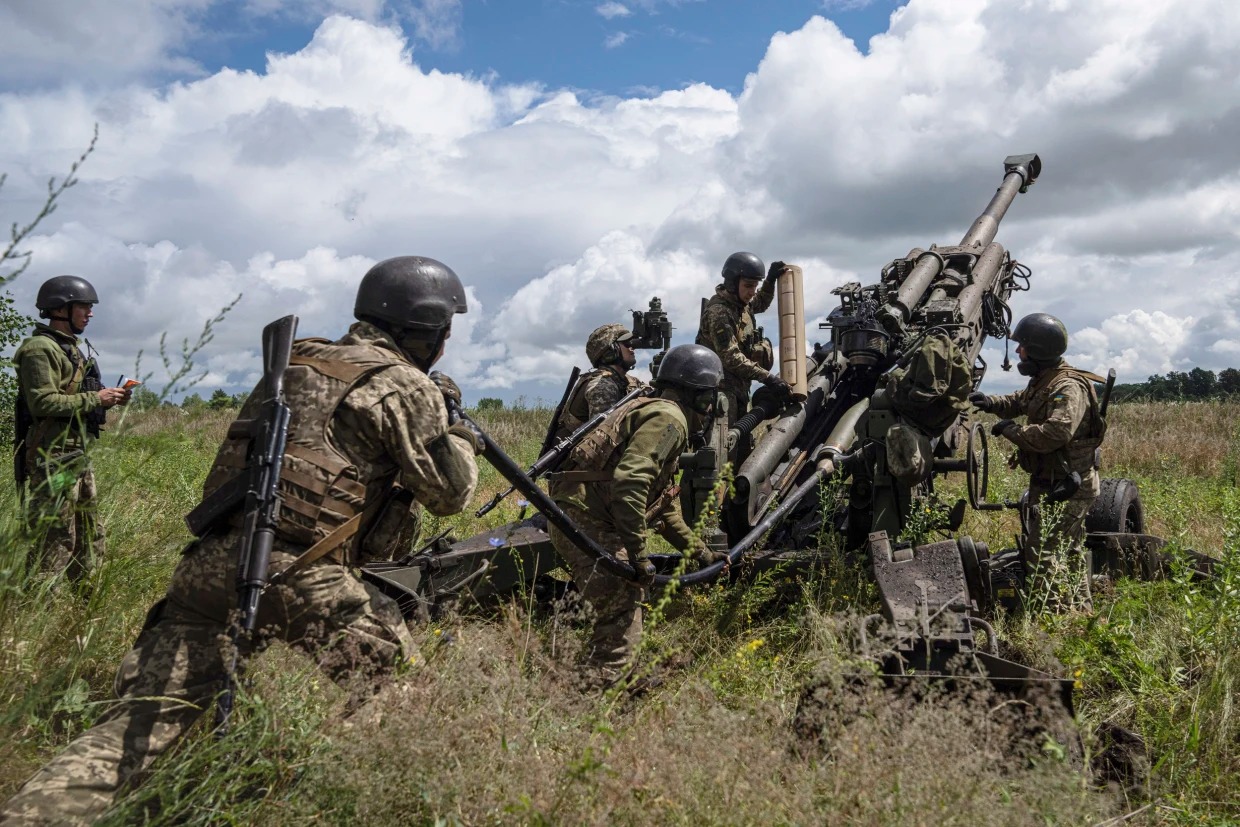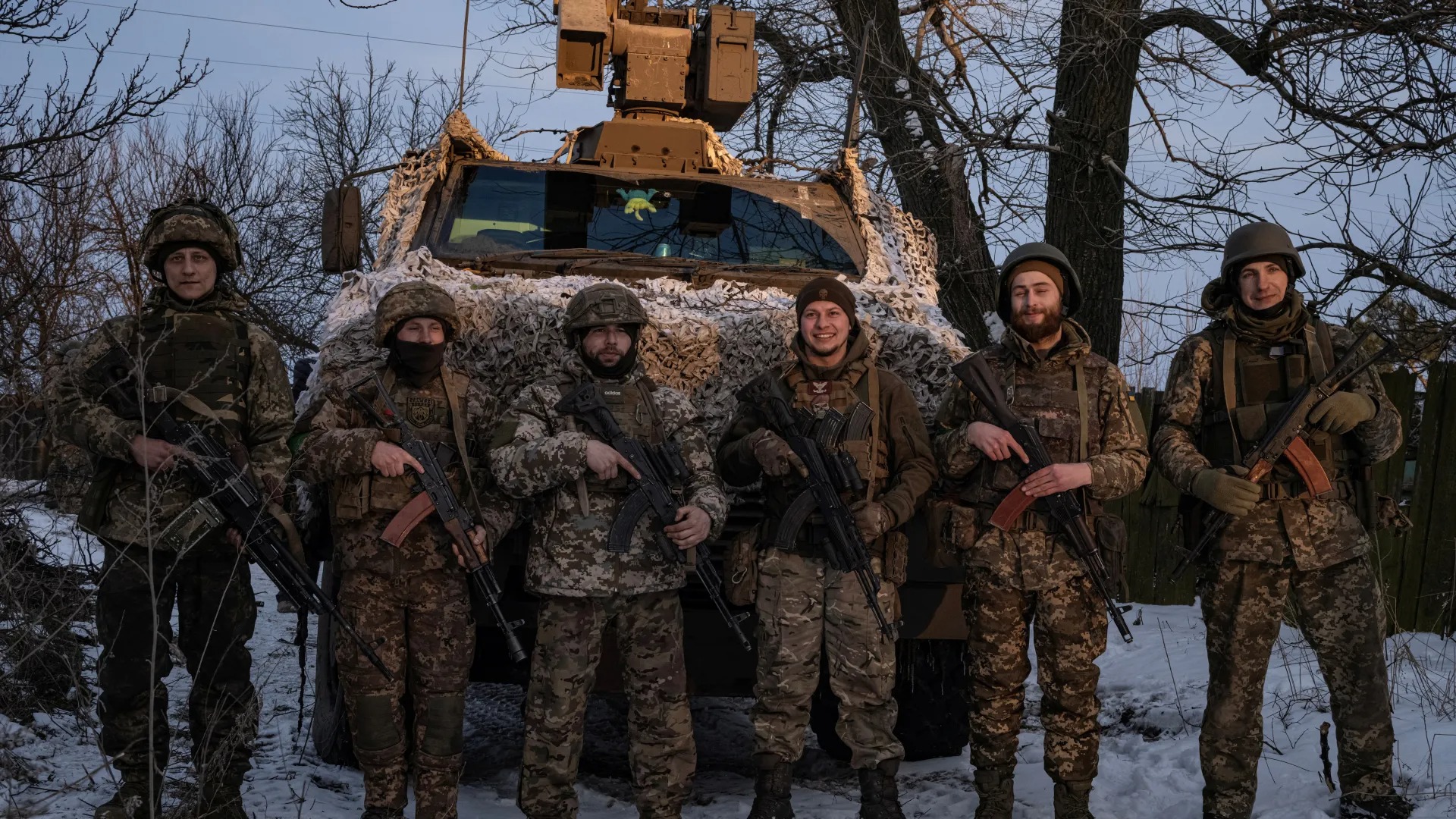Transport Secretary Grant Shapps and Admiral Tony Radakin held crucial meetings with Ukrainian officials, including President Volodymyr Zelenskyy, Defense Minister Rustem Umierov, and the new commander-in-chief, Oleksandr Syrskyi, to discuss strategic military plans amid the ongoing conflict with Russia.
Admiral Radakin expressed concerns regarding Syrskyi’s potential focus solely on ground battles, advocating instead for a comprehensive strategy aligning with Western military doctrine, encompassing land, air, and sea operations.
Notably, Radakin emphasized the importance of developing a Ukrainian Navy that is compliant with NATO standards, resembling the agile Iranian-style fleet, equipped with maneuverable vessels and drones to counter Russian dominance in the Black Sea.

During discussions at the Mariinsky Palace, Shapps and Radakin advised Ukraine to prioritize defensive positions on the northern and eastern fronts, with the option of strategic retreats to more advantageous locations if necessary.
This approach aims to enable Ukrainian forces to concentrate efforts on the Black Sea and Crimea, leveraging Western long-range missiles to target Russian assets effectively. President Zelenskyy reportedly welcomed the UK officials’ recommendations, signaling openness to consider their proposals.
Recent Ukrainian successes against the Russian Black Sea Fleet, including the destruction of several vessels, have significantly weakened Russian influence in the region, according to UK Ministry of Defense assessments.

Admiral Radakin views attacks on Crimea and the Russian fleet as pivotal to Ukraine’s success in 2024, striking at the heart of the “Russian mentality.”
Shapps underscored the importance of Putin recognizing the loss of Crimea and Black Sea dominance, highlighting the absence of Russian warships in the Black Sea following successful Ukrainian operations.
Despite the strategic discussions, Shapps was compelled to cancel a planned visit to Odesa due to intelligence warnings of an imminent missile threat from Russia, underscoring the ongoing security challenges faced by Ukraine.
The meetings reflect the collaborative efforts between the UK and Ukraine to address the evolving military dynamics and bolster Ukrainian defenses against Russian aggression.


